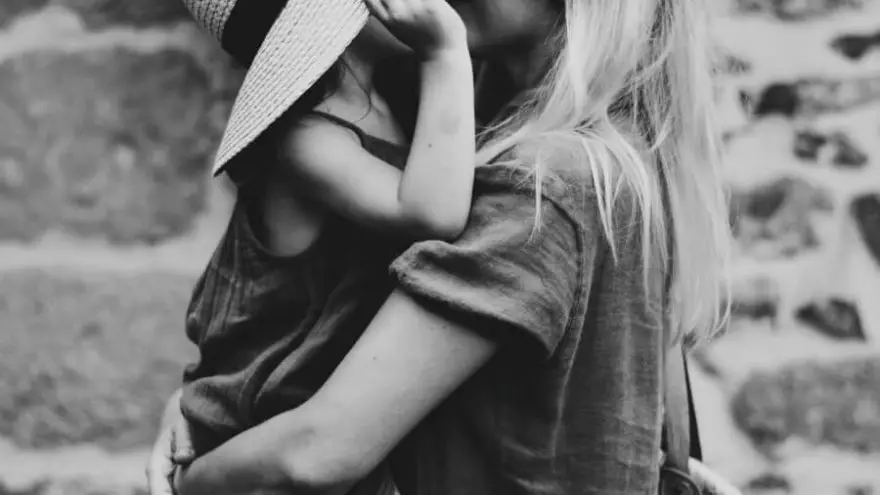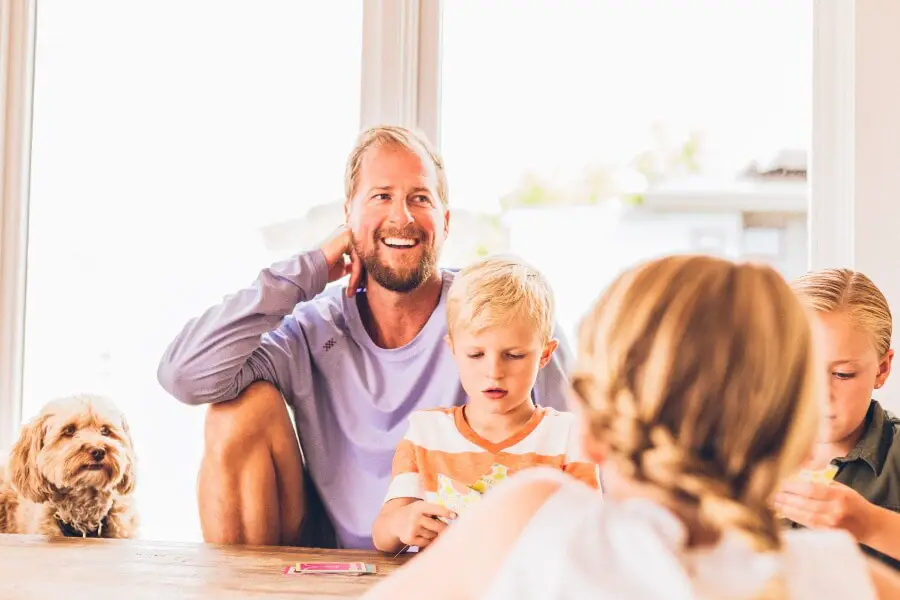Parents Can Be Wrong: How to Apologize to Your Kids

Parents tend to raise their children in a way that they don’t accidentally offend or hurt another child, or an adult or even pets. Teaching them forgiveness towards others and showing them how to go about making amends and apologizing are very important aspects of a child’s education, as it shapes their whole personality up as years pass and it helps them form better-socializing skills.
Get familiar with the source of the problem
However, in their quest of educating their own children about how to act, what to do and what to not do, parents often forget a key aspect of their own attitude towards their kids and that is being an example, showcasing a model behavior for them to take after. It’s difficult to always be a ray of sunshine and maintain the necessary patience for dealing with a child’s antics and explaining everything to them, but parents shouldn’t lose sight of the kind of impression their own actions give their children.
As such, they spend the whole day teaching their child to say sorry, but at the end of the day when it comes down to admitting their own wrongs and making amends, parents tend to experience some difficulties with how exactly to show they are sorry for something.
It’s no secret either that children enjoy being right in front of their own parent and figure of authority, as it gives them a self-confidence boost and encourages them to speak up whenever they feel they have been wronged by someone else, which is healthy for their development! And because they take great joy in being right, they sometimes act a little too excited and make it seem like they have won something, which automatically makes the parent feel like they’ve lost in front of their own child.
While their enthusiasm shouldn’t be taken too seriously by the parent, they still develop a sense of pride in being right as well, which progressively gets in the way of apologizing to their child when the situation calls for it.
Just like that, the parent finds themselves unable to admit to being wrong when they should, all because it would feel like a jab at their own pride when it really shouldn’t be perceived as such. The child can grow up with insecurities and frustrations about rarely seeing justice done even in minor conflicts in the household, such as who misplaced what and where or when is the time for the next sports practice. Even from such seemingly unimportant arguments, the relationship between a parent and their child can suffer a lot of damage as time goes by.
How can a parent actually apologize to their child
 Well, the first thing to be done is to acknowledge your mistake. Once you have stepped back from the argument and realized you were actually in the wrong, and once you start seeing your child’s point from their own argument, you need to acknowledge the fact that maybe you missed something and mistakenly blamed your child for it. It’s not the end of the world and it’s no tragedy to be wrong either! Accidentally blaming someone innocent can happen to anyone.
Well, the first thing to be done is to acknowledge your mistake. Once you have stepped back from the argument and realized you were actually in the wrong, and once you start seeing your child’s point from their own argument, you need to acknowledge the fact that maybe you missed something and mistakenly blamed your child for it. It’s not the end of the world and it’s no tragedy to be wrong either! Accidentally blaming someone innocent can happen to anyone.
The next thing you can do is stop arguing or fighting. Carrying on in blaming your child will only worsen the situation and upset them as well as make you feel guilty later on, both being two negative feelings that you should all avoid in order to keep the peace in the household and develop a harmonious relationship.
So take a deep breath, step back from the fight and let them know that you see their point and that you’re wrong. While it might sound like the most difficult part of resolving a fight and saying sorry, it really shouldn’t be so. To help comfort your child better, you can provide an explanation on why you upset or blamed them in the first place, to help both of you see what caused the argument and help your child improve their ability to empathize with others. Anything along the lines of “Okay, so you didn’t do X?” or “Oh, I thought X happened” can clear up the misunderstanding.
The most important thing is to actually apologize for your behavior as well, not just leave things at the misunderstanding-clear-up level. Although saying sorry would seem like it would be enough, you shouldn’t just leave it like that. The less vague your apology is, the more it will help reassure your child that you’re their friend and that you are understanding when it comes to any issue in general. It’s important for them to have someone to trust to confide in later on and the more understanding you are, the more problems you will be able to avoid as they get older, since they will be more open to communicating with you without feeling like they will automatically get yelled at or scolded, or even brushed off. Try to say what you’re being sorry for, such as “I apologize for yelling at you, I overreacted” or “I’m sorry for grounding you, I shouldn’t have jumped to conclusions before hearing you out”.
Finally, if they make a big deal out of being right in front of you, simply try to ignore it rather than scold them for it. After all, maybe it’s not so often the child is right, or maybe the topic you two had a misunderstanding about meant a lot to them. They will grow out of the habit of rubbing their supposed victories in your face with time and the more you take responsibility for your own actions and words, the more they will get used to doing the same.
After all, it will be worth it to outgrow your pride now and teach them a habit of apologizing when needed, rather than see them try to lie their way out of punishments later on or get in trouble for it with other children or teachers.
Remember to take back any punishments you’ve mistakenly given them, or to reward them to compensate for the play time lost unfairly.







